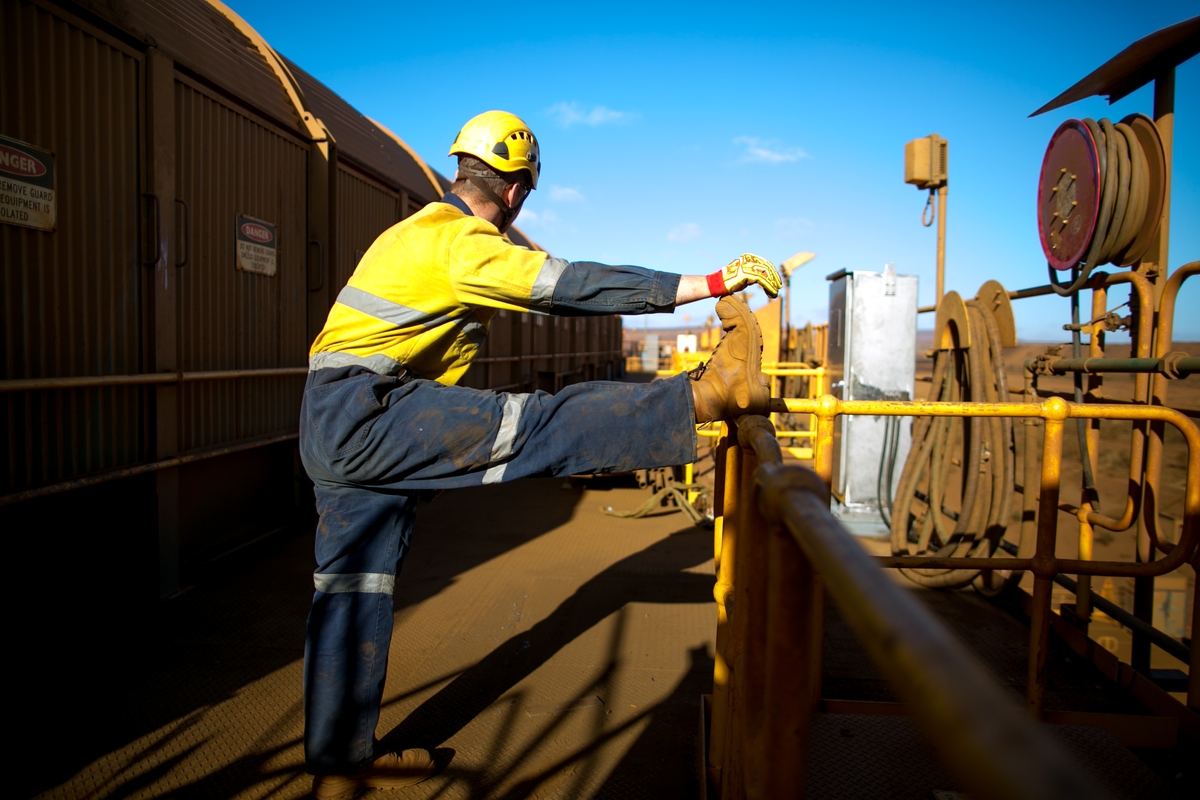
Bernhard Schulte Shipmanagement Takes Delivery of First Methanol Dual-Fuel Bulk Carrier
29 Jan 2026 - News
Published on 20 Jun 2023

Seafarers work long hours in challenging environments and hence, are more likely to be injured than those in other jobs. Injuries, whether to the back, knee, neck, or shoulder, are a common workplace reality that many seafarers face. A physiotherapy treatment plan to tackle common injuries gives seafarers the tools they need to take control of their health and careers. Preventing musculoskeletal injuries can be a game changer for seafarers.
Musculoskeletal injuries can affect bones, muscles, ligaments, nerves or tendons. Some injuries self-resolve within a relatively short period, but sometimes pain can persist and become chronic. Chronic pain and limited mobility can lead to longer periods of absence, impacting work, homelife and mental wellbeing.
Preventative exercises for strengthening commonly injured muscles are a good tool for self-treatment while at sea with limited access to medical treatment.

Musculoskeletal injuries develop gradually due to moving poorly, moving in a very repetitive manner, or not moving enough. These injuries are generally not noticeable until they start affecting your work, sleep or even your ability to move freely.
Persons in jobs that are physically demanding or even sedentary in nature can experience musculoskeletal injuries.
Preventative exercises can help reduce the likelihood of one needing to go on leave due to an injury. Reducing exposure to an injury also means that one is in better condition and less likely to miss work opportunities.
Recovery from these injuries can cause stress, affect finances, and affect mental health. Hence, exercising to prevent such injuries is very important. Physiotherapy under professional guidance can be used to treat such injuries.
29 Jan 2026 - News
05 Dec 2025 - News
BSM, in partnership with Schulte Group member OceanOpt, has won the Greenhouse Gas Project of the Year at the IMCA Annual Awards 2025. The ceremony was held during the Global Summit in Kuala Lumpur on 26 November.
05 Dec 2025 - News | Articles | Articles
19 Nov 2025 - News | Articles | Articles
17 Nov 2025 - News | Articles | Articles
27 Oct 2025 - News | Articles | Articles
As the maritime industry accelerates its transition toward sustainable energy solutions, Bernhard Schulte Shipmanagement (BSM) is proud to announce a significant milestone in crew training and safety innovation: the successful launch of bespoke Methanol as Fuel Courses, including the specialised Methanol Firefighting Course, across its global Maritime Training Centres (MTCs).
30 Sep 2025 - News | Articles | Articles
01 Sep 2025 - News
We are thrilled to announce the renewal of our partnership with Treedom, a global NGO dedicated to reforestation and community empowerment. Together, until the end of 2024, we have planted 5,100 trees across 5 countries, absorbing 2,443 tonnes of CO₂, a major step toward a more sustainable planet!
03 Jul 2025 - News | Articles | Articles
02 Jul 2025 - News | Articles | Articles
17 Jun 2025 - News | Articles | Articles
The BSM Hellas Ship Management Centre (SMC) in Greece, proudly marks its 20th anniversary this year.
10 Jun 2025 - News | Articles | Articles
Bernhard Schulte Shipmanagement (BSM) proudly participated in the IMCA Dynamic Positioning Conference 2025, held on 3–4 June in Istanbul, Turkey. This premier global event brought together over 120 professionals from the offshore and maritime sectors, including experts in offshore wind, oil and gas, marine engineering, and vessel design.
27 May 2025 - News | Articles | Articles
05 May 2025 - News | Articles | Articles
16 Apr 2025 - News | Articles | Articles